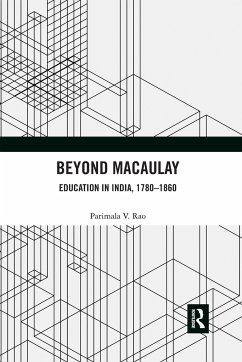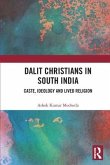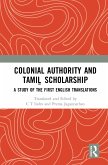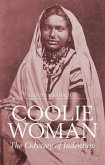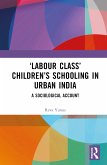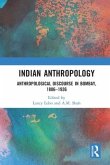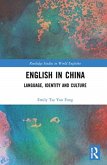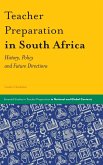Beyond Macaulay provides a radical and comprehensive history of Indian education in the early colonial era - from the establishment of the Calcutta Madrasa in 1780 until the end of the East India Company's rule and the beginning of the administration by the crown in 1860. The book challenges the conventional theory that the British administration imposed English language and modern education on Indians. Based on rich archival evidence, it critically explores data on 16,000 indigenous schools and shows that indigenous education was not oral, informal, and Brahmin-centric but written, formal, and egalitarian. The author highlights the educational policies of the colonial state and the way it actively opposed the introduction of modern education and privileged Brahmins. By including hitherto unused 41 Educational Minutes of Macaulay, the volume examines his educational ideas, and analyses why the colonial state closed down every school established by him. It also contrasts the educational ideas of the British elites and the Orientalists with dissenting Scottish voices. The book discusses post-Macaulayan educational policies and the Wood's Despatch of 1854 as well as educational institutions during the revolt of 1857. It covers indigenous education in Sanskrit, Persian, Arabic and modern Indian vernaculars, the impact of the colonial policies on these schools, and traces the history of education in Bengal, North India, and Madras and Bombay Presidencies, as also the role of caste and religion in society.
This book will be of great interest to scholars and researchers of education, history of education, Indian history, South Asian history, colonial history, sociology, political history and political science.
This book will be of great interest to scholars and researchers of education, history of education, Indian history, South Asian history, colonial history, sociology, political history and political science.

